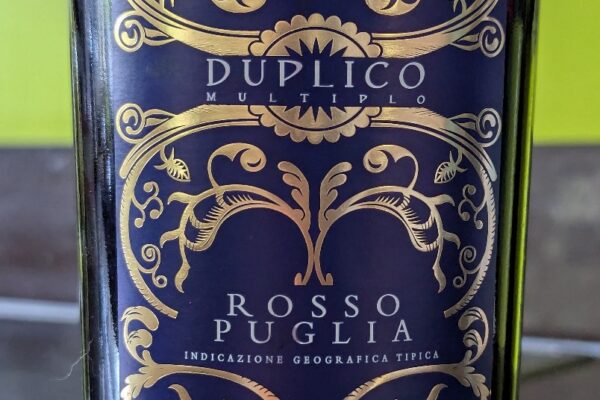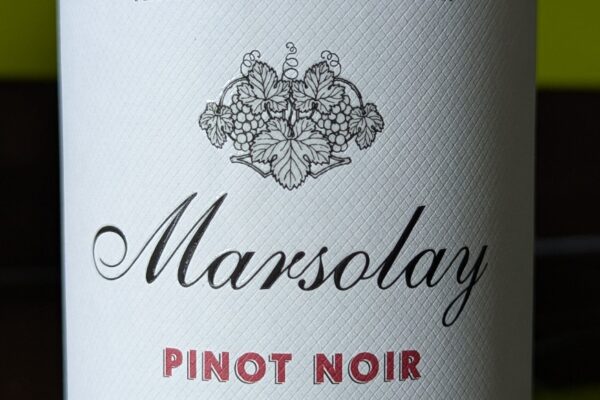
Andy Neather has written a thought-provoking article about Bulking Up, the role of bulk wine in the UK wine industry. At Encirc’s bottling plant in Cheshire, huge volumes of wine are imported in bulk from countries like Australia, Chile and the US and bottled locally. This method now accounts for at least 40% of wine sold in the UK, including many of the top brands.
Despite its low profile, bulk wine is central to understanding major industry challenges, from sustainability to shifting consumer preferences and international tariffs.
Bulk wine has seen a resurgence, overturning the belief that UK bottling was a dying trade. Facilities like Greencroft in Durham and Encirc are innovating in efficiency and sustainability, using lightweight bottles, wind-powered factories, and large-scale flexitanks to significantly cut CO₂ emissions. The process not only reduces shipping costs but also contributes to net-zero goals and makes wine more affordable for everyday consumers.
However, there are downsides. Shifting bottling away from producing countries like South Africa may harm local job markets, a concern voiced by winemakers there. On the other hand, Fairtrade schemes tied to bulk brands can bring tangible benefits to farming communities, such as funding for education and childcare.
While bulk wine is often ignored by wine professionals and journalists in favour of more artisanal options, it remains the primary way many people experience wine. The article argues that tackling key issues like falling demand, economic pressures and climate goals will require taking this segment seriously. Tariffs, especially under unpredictable US policies, pose a further risk to the sector, with even small price changes having a big impact on the bulk market’s tight margins. Bulk wine may not be glamorous, but it’s vital to the industry’s future.
However, one important aspect that Andy doesn’t touch on is wine spoilage. I regularly receive wine samples and in some cases I choose not to write about them simply because they don’t meet the standard they should. Some arrive with underwhelming aromas or flat, unremarkable flavours. Interestingly, a recurring pattern is that these disappointing wines are not bulk shipped but rather bottled at origin, often having travelled through the equator. In contrast, I’ve never encountered a spoiled bulk shipped wine. In fact, bulk shipping tends to enhance a wine’s chances of arriving in the intended condition, as the thermal inertia of a large container load means it’s far less affected by temperature fluctuations compared to individual bottles.
There’s also the matter of bulk wines being bottled not in the UK but in another country before being shipped again to other markets. This is a model used by some major producers and discount retailers, and it does raise questions about the sustainability narrative. If a wine is shipped in bulk to, say, Germany, and then re-exported in bottles to other countries, the environmental benefits begin to erode.
Ultimately, the majority of the buying public rarely knows or cares whether a wine was bulk shipped or not. For them, what matters is that it’s affordable and drinkable. But if we’re serious about sustainability the case for bulk shipping deserves more attention than it currently receives.













